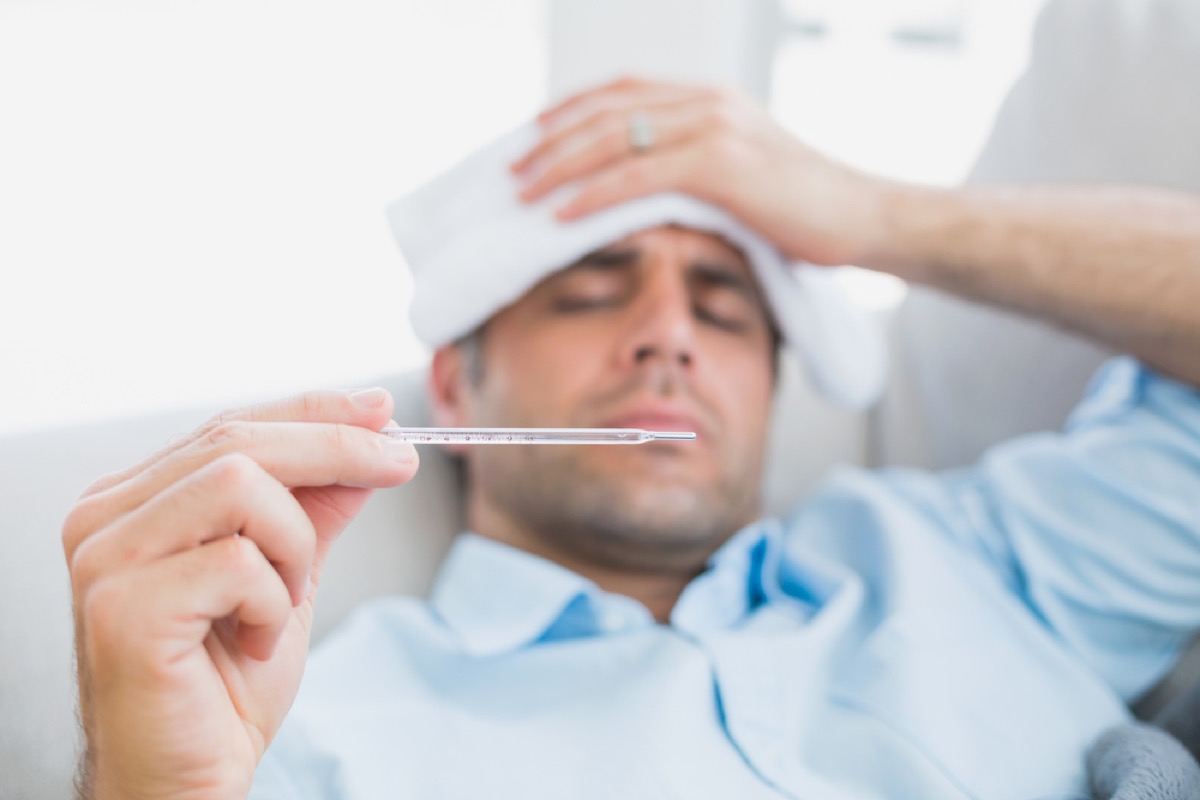“We really need to make patients aware that this is not going to be a walk in the park,” said Sandra Fryhofer, MD, of the American Medical Association, during a Nov. 23 meeting with the Advisory Committee on Immunization Practices, as reported by CNBC. “They are going to know they had a vaccine. They are probably not going to feel wonderful.” Both Pfizer and Moderna’s vaccines require two doses. Fryhofer fears that people won’t return for their second dose of the vaccine due to unpleasant side effects, which would render the first round of vaccine useless. CNBC reports that during a meeting with the Centers for Disease Control and Prevention (CDC), doctors urged public health officials and drugmakers to be transparent about the potential side effects that may come with the coronavirus vaccine. In September, some people who participated in vaccine trials told CNBC about the various side effects they were experiencing. The participants maintained that although the side effects were undesirable, they felt getting the vaccine was worth it. Although the side effects sound scary, scientists knew they would accompany a vaccine. UC Davis virologist Sam Díaz-Muñoz, a participant in the Moderna study, knows from personal experience that side effects can be bad, but “it’s completely natural because [your body is] working overtime to make immune response,” he told ABC. He wants people to understand that the side effects are commonplace and to “be prepared and not freak out that we rushed into this.“ae0fcc31ae342fd3a1346ebb1f342fcb Read on for more on the side effects that have been linked to the vaccines, and to find out when you might be able to get vaccinated, If You’re This Age, You May Be Last to Get the COVID Vaccine, Fauci Says. Luke Hutchison, who participated in a Moderna study over the summer, told Science Magazine on Nov. 18 that just a few hours after the shot, he experienced bone and muscle aches and an “unbearable” fever of over 102 degrees Fahrenheit. “I started shaking. I had cold and hot rushes,” he recalled. “I was sitting by the phone all night long thinking: ‘Should I call 911?’” Hutchinson said the symptoms dissipated after 12 hours, but no one had prepared him for the intensity of the experience. And to make sure you’re ready, You Need to Quit This Bad Habit Before Getting a COVID Vaccine, Study Says. Ian Haydon, who received the highest dose during Moderna’s first human trial in May, experienced “headache, muscle ache, fatigue, nausea.” He also vomited and fainted in reaction to the vaccine and eventually admitted himself to urgent care. Haydon told Science Magazine that it was a “small price to pay” for the possibility to return to normal life. “For me, this was a rough day. But if you compare it to what COVID can do, I think it really pales in comparison.” It’s also important to note that due to reactions like Haydon’s, Moderna reduced the dosage of the vaccine from 250 micrograms to 100 micrograms. And for more up-to-date information, sign up for our daily newsletter. CNBC reports that a middle-aged woman in North Carolina who participated in the Moderna study reported suffering from a migraine that clouded her focus and drained her energy. The woman said the symptoms were gone the next day but advocated that people take a day off following the shot. And for more on the experience of getting the COVID vaccine, This Is What Getting a COVID Vaccine Feels Like, Volunteers Say. During the Nov. 23 meeting, Patsy Stinchfield, a nurse practitioner, said reactions to the vaccine are simply “immune responses,” CNBC reported. “And so if you feel something after vaccination, you should expect to feel that. When you do, it’s normal to have some arm soreness or fatigue,” Stinchfield noted. “It sounds like in some of these trials, maybe even having to stay home from work.” Additionally, CNBC says both Moderna and Pfizer have acknowledged muscle pain as a side effect of the vaccine. And for a look at life after immunization, Dr. Fauci Says You Shouldn’t Go Here Until a Year After a Vaccine.



